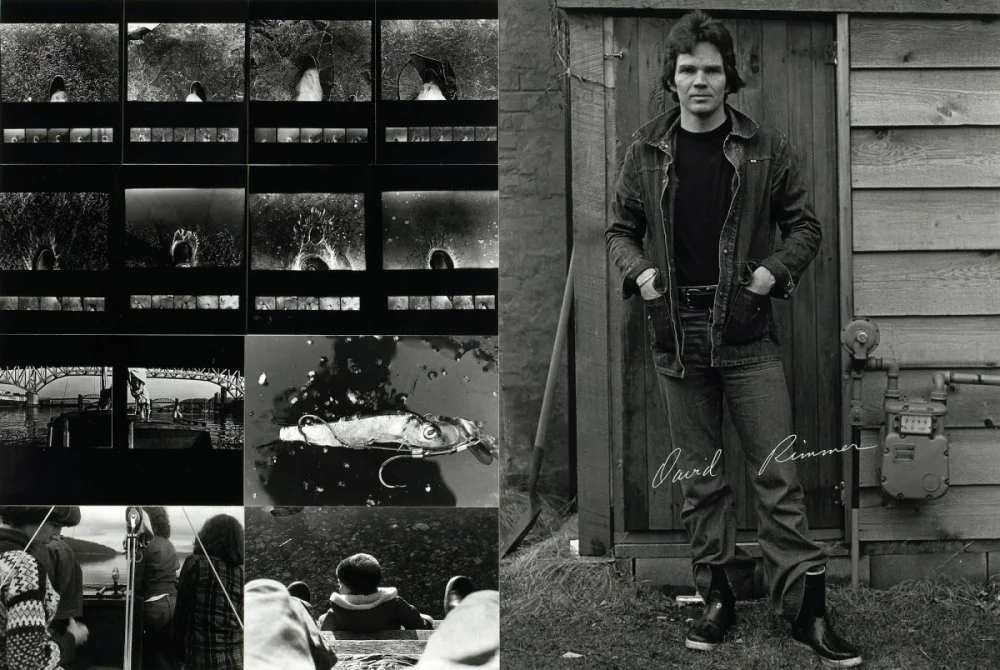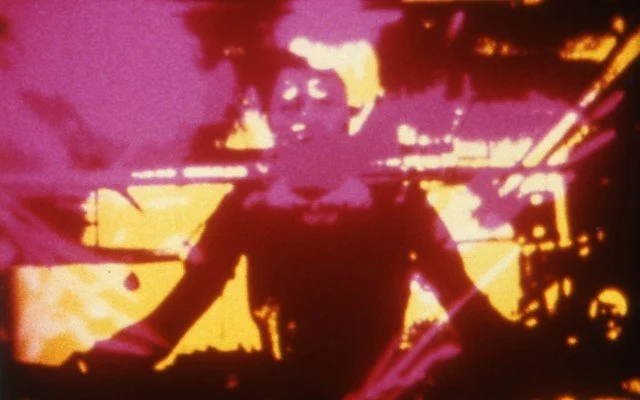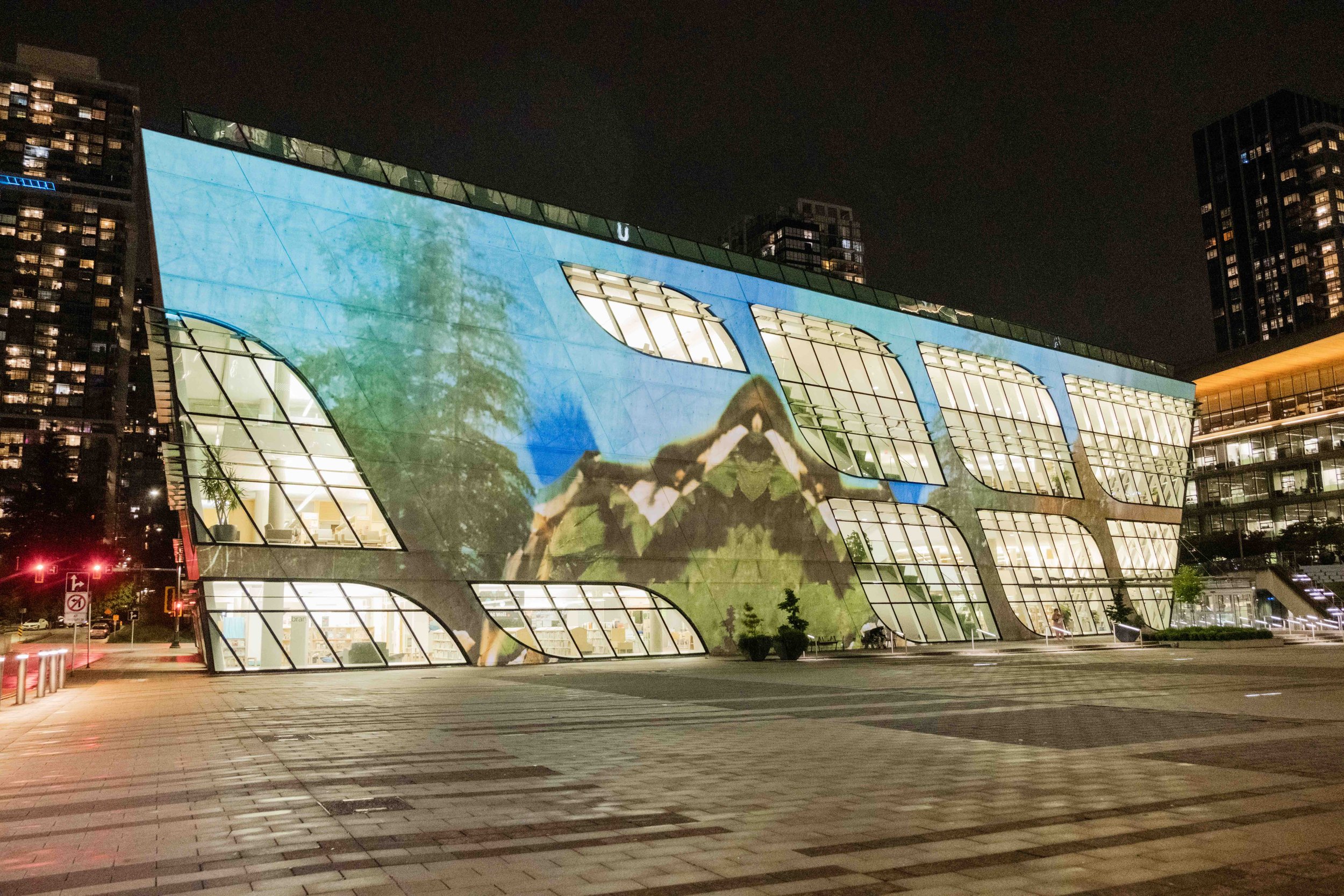Tributes flow in at news Vancouver experimental filmmaker David Rimmer has died
Canada Council described him as “one of the finest technicians of Canada’s avant-garde film movement”.
Self Portrait, by David Rimmer. Courtesy the National Gallery
NEWS IS BREAKING today that veteran Vancouver filmmaker and artist David Rimmer has died.
“His distinctive, beautiful body of work leaves an indelible mark on cinema, artists, and audiences,” The Cinematheque posted today.
Born here in 1942, Rimmer was a force on Vancouver’s experimental art scene, innovating with everything from optical and contact printing to looping and time-lapse cinematography. His experimental films often pushed into poetic and metaphorical new realms.
As Canyon Cinema said in a post today: “His indelible films transformed our visual landscapes into subtle and meditative moving image poems.”
But his career didn’t begin in art: in 1963, Rimmer graduated from UBC, after studying economics and mathematics. His switch to film and art began in 1967, when he took a short filmmaking course from Stan Fox, a producer at the CBC, and when he worked with Vancouver’s legendary, artist-run Intermedia Film Cooperative. Moving to New York City in the early 1970s to pursue filmmaking, he eventually went on to show at the Museum of Modern Art, and was involved with the Millennium Film Workshop.
Through the 1970s and 80s, he collaborated with dance artists like Canadians Paula Ross and Karen Jamieson, lensing Jamieson’s Sisyphus.
Back in Vancouver, he taught at Emily Carr University of Art + Design, Simon Fraser University, and UBC.
A still from David Rimmer’s avant-garde classic Variations on a Cellophane Wrapper.
His works are part of permanent collections of institutions including New York’s Museum of Modern Art, Paris’s Centre George Pompidou, and the National Gallery of Canada. His films have screened at such prestigious sites as the Canadian Cultural Centre in Paris, Canada House in London, and the European Media Art Festival in Germany.
In 2011, when he won a Governor General’s Award in Visual and Media Arts, the Canada Council for the Arts described him as “one of the finest technicians of Canada’s avant-garde film movement”.
“I was always interested in playing with the medium [of film] itself,” he said in a video created by the Canada Council to mark the award, “like a painter works with paint and canvas, in a really physical way.”
Rimmer’s works include the milestone experimental films Canadian Pacific (1974) and Canadian Pacific II (1975), shot from different windows in his Gastown apartment, and depicting a view of Vancouver’s Burrard Inlet, with the North Shore Mountains and the railroad in the foreground; Variations on a Cellophane Wrapper, which features looping, increasingly distorted imagery of a female factory worker waving out cellophane on a table (1970); and the more documentary-like Al Neil / A Portrait (1979)—featuring the late, iconic Vancouver artist, which screened as part of The Cinematheque’s The Image Before Us series just last June.
Below, some of the early tributes hitting social media amid the news today.















